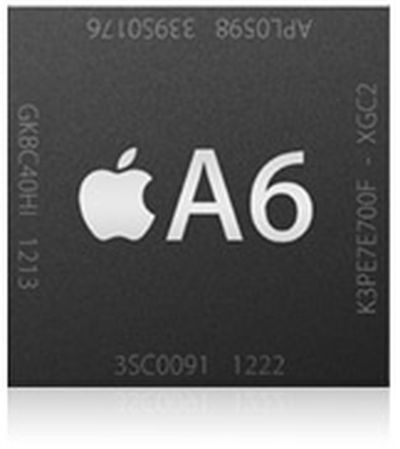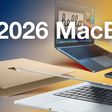 The Korea Economic Daily reports that Apple and Samsung today officially signed an agreement that will see the two companies working together on future A-series chips for Apple's iOS devices, with the deal specifically covering A9 chips based on a 14-nanometer process node starting in 2015. The claim comes just weeks after Taiwan Semiconductor Manufacturing (TSMC) confirmed a deal with Apple to begin producing A-series chips in 2014.
The Korea Economic Daily reports that Apple and Samsung today officially signed an agreement that will see the two companies working together on future A-series chips for Apple's iOS devices, with the deal specifically covering A9 chips based on a 14-nanometer process node starting in 2015. The claim comes just weeks after Taiwan Semiconductor Manufacturing (TSMC) confirmed a deal with Apple to begin producing A-series chips in 2014.
Samsung Electronics had supplied the AP [application processor] to Apple since 2007 but lost the contract to supply 20 nano AP A8 chips to Apple to Taiwan's TSMC last year when it was engaged in patent disputes with Apple. Samsung Electronics developed state-of-the-art 14 nano models ahead of its rival TSMC, regaining the order from Apple.
A previous report about Apple's agreement with TSMC had indicated that it was a three-year deal covering not only Apple's future A8 chip but also A9/A9X chips. The Wall Street Journal's report had indicated that Samsung would remain Apple's primary supplier through next year as TSMC began ramping up its production.
As a result, it is unclear whether today's deal will see both TSMC and Samsung producing A9 chips for Apple or if Apple has already shifted gears to return to Samsung as its primary supplier as part of its long-term roadmap.
Apple has reportedly been seeking to reduce its reliance on Samsung as a component supplier as the two companies have become fierce rivals in both the mobile marketplace and in the courtroom. The two companies have, however, continued working together in several areas, particularly where Samsung's competitors in the component market are unable to match its technology, production capacity, or pricing.
The shift to TSMC for production of the high-profile main chips for Apple's iOS devices had been viewed as breaking one of the most significant remaining ties between Apple and Samsung, but it appears that Samsung has been able to bring Apple back into the fold by leading the charge to 14-nm chips. With partnerships with both Samsung and TSMC, it appears that Apple should be well-positioned to take advantage of whichever company takes the lead in developing the latest technologies.
Late last week, it was reported that Apple had bought into a fab, perhaps with an eventual goal of producing its own chips for its mobile devices, although any such move is almost certainly years away given the need to ramp up expertise and facilities for such production.


















